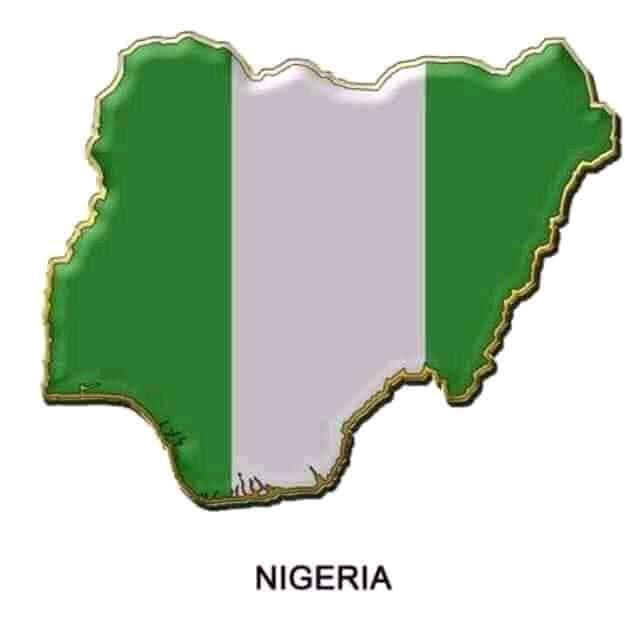Oil theft in Nigeria, is an organized crime and a huge industry with local and international collaborators involved in the illegal deal. It has historical roots which has taken different dimensions and is
manifesting in several forms, some of which had been covered until recently. With the recent destruction of a vessel containing stolen crude oil, it is rather shocking to note that the continuous cry of pollution made by Nigerians have evaded the attention of the leadership of the Joint Task Force of the Nigerian Military and the Nigerian National Petroleum Company Ltd.
In a statement by Nigerian National Petroleum Company spokesman, Garba Muhammad “further investigation into the activities of the vessel revealed that the vessel has been operating in stealth mode for the last 12 years with the last reported location of the Vessel being in Tin Can Port in July 2011.”
It was reported that there was no valid documentation for the Vessel or the crude oil cargo on-board at the time of the arrest.
Just recently, the tanker, identified as the Tura II (ex-name Ali Riza Bey, IMO 6620462), was captured in an offshore location with stolen crude oil and after the vessel was seized and the crew detained, the vessel was destroyed by a Nigerian military helicopter.
Health of Mother Earth Foundation (HOMEF) has raised concerns over the disregard for the environment and human lives considering the manner the vessel was destroyed with no attempt to comply with international best practice. The incident also confirmed the fact that Nigeria does not know the amount of crude oil that leaves the shores of the country on a daily basis.
After setting the rogue vessel ablaze, the Joint Task Force stated that the destruction of the vessel would send a warning signal to those involved in oil theft and incentivize them to desist from it. HOMEF believes the significance of the bombing of the vessel is the indication to the people that authorities care little about their safety and that of the environment.
Executive Director of HOMEF, Nnimmo Bassey, in his reaction to the incident noted that while the Niger Delta burns on account of gas
flaring, oil spills and other forms of pollution, the burning of seized
oil vessel is adding insult to injury.
“The drama that unfolded
regarding the seized and bombed vessel is extremely disturbing.
Destroying a vessel loaded with 800,000 barrels of crude oil should be taken as a new low in the demonstration of wastefulness on the part of those who should be watching over the nation’s resources. The entire episode requires urgent investigation. Why would anyone blow up a vessel and dump 800,000 barrels of oil into the environment? If that volume of crude is correct, this must be one of the largest volumes of crude oil spilled in one incident. Our security men are often seen protecting
pollution such as gas flares and rotten pipelines and stripping communities of their dignity. In this incident they have demonstrated utter disregard to our constitutional right to a safe environment.”
Bassey further noted that “One drop of crude oil contaminates 25 litres
of water. Imagine what 800,000 barrels of crude oil would do. It means destruction of fisheries and of livelihoods. It also means directly
poisoning our people. It is shocking and unacceptable. The entire thing
seems to have been staged for some unknown purposes. How can security agents bomb a crude oil loaded vessel with Nigerians watching and filming as if they were being entertained. Oil theft is a crime. Blowing up a vessel loaded with crude oil is a higher order of malfeasance. The security forces need some trainings on environmental and climate crises.
“What has played out is sickening on many levels. Economic waste. Ecological assault. Security cannot be a valid reason for blowing up the
vessel. We need to know why this was done. And urgently too.”
Considering the impact that the destruction will have on the marine
ecosystem and the contribution to the pollution that has plagued the region, government agencies must adopt safe ways of handling rogue vessels, including ways of putting them out of commission. Outright destruction of vessels on the high sea is not environmentally acceptable. It is time for the Joint Task Force to begin to work with environmental experts and those who are genuinely concerned about the environment to protect lives and livelihoods.
HOMEF sees the destruction as barbaric and a major contribution to the ongoing pollution of our waters. The UNEP report on Ogoni environment and the recently released report on the pollution of Bayelsa State should be required reading for our security agencies, NNPC and all government agencies who should know the dangers of hydrocarbons pollution.
